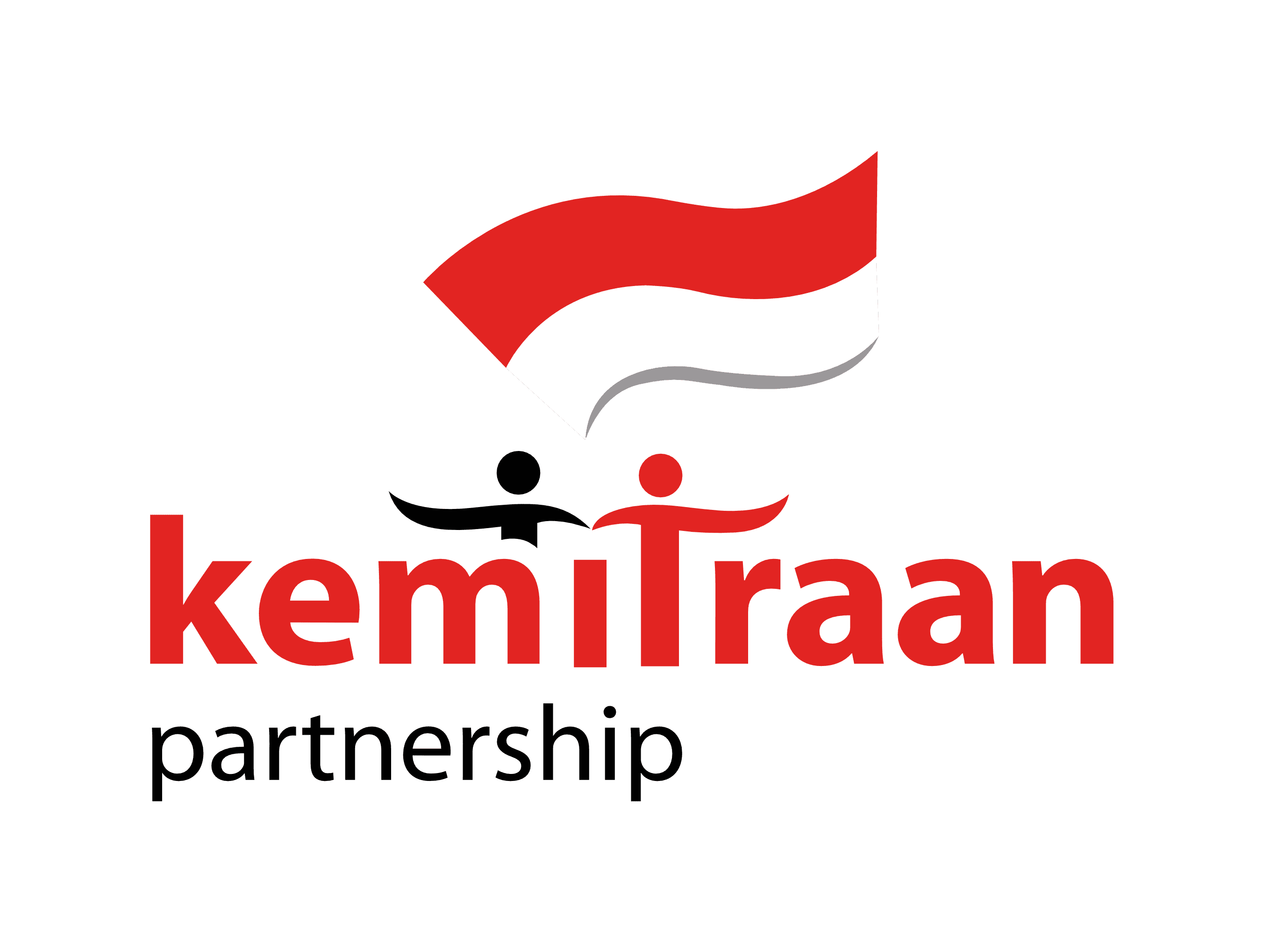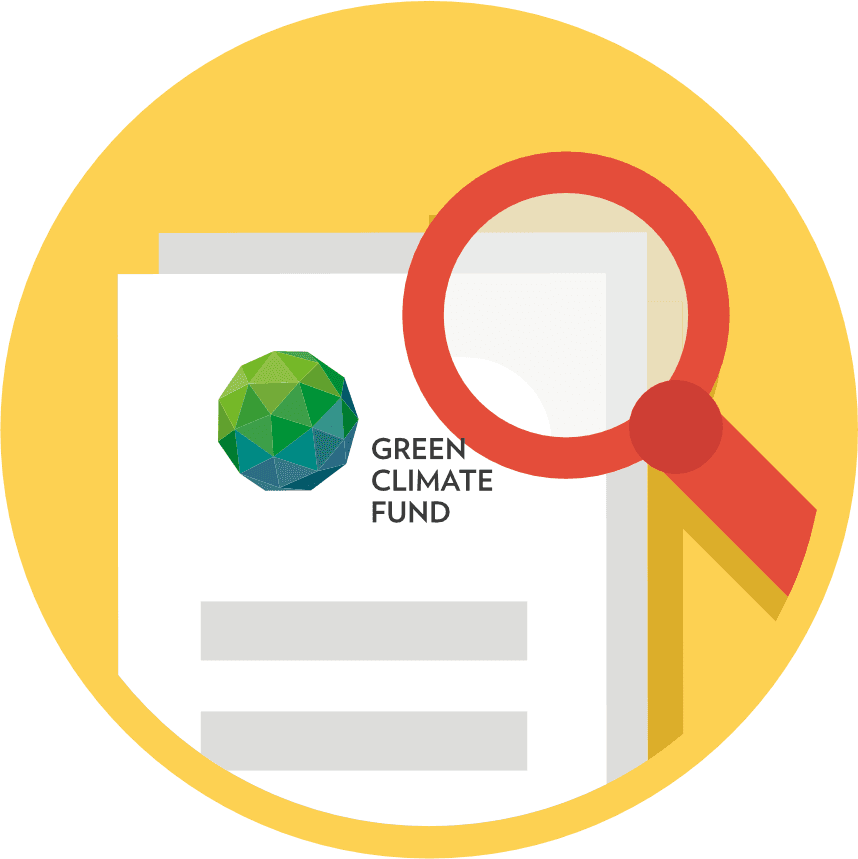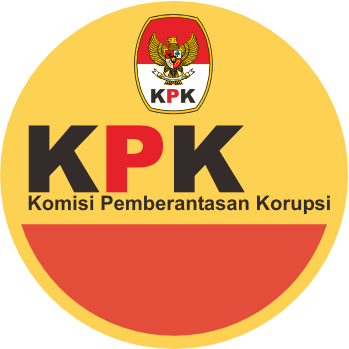
17 December 2021 – Indonesia is predicted to be a superpower country in climate change because it has the resources to save the world from global warming. Luhut Panjaitan, Coordinating Minister for Maritime Affairs and Investment stated that Indonesia has 7.5 million ha of peatland, 3.1 million ha of mangroves, and 180 million ha of forest which contribute greatly to the absorption of world carbon emissions1. As the third-largest area of tropical rain in the world, if managed properly, Indonesia has enormous potential in the world’s carbon trade.
However, the existence of these enormous natural resources is threatened by the increasingly rampant corruption in the field of natural resources. The Corruption Eradication Commission in Indonesia (KPK) study revealed that nearly 3 million hectares of natural forest had been illegally cleared for oil palm plantations, although this area was still registered as natural forest by the government. As a result of both legal and illegal logging, Indonesia has one of the highest rates of deforestation in the world2.
One of the causes for the loss of biodiversity and habitat for endemic fauna and flora is due to the large plantations that are often located within national parks. In addition, corruption in natural resources causes soil and water sources to be polluted, thus threatening the lives of the surrounding communities.
Financially, natural resource corruption has a fantastic loss of value. According to the data from Indonesia Corruption Watch (ICW), corruption in the natural resources sector has caused state losses estimated at Rp 6.03 trillion in 2019. Of this amount, Rp 5.9 trillion of which came from corruption related to four mining cases. This figure is greater than the combined losses due to corruption in the banking, transportation, government, and election services sectors, the four other areas studied by ICW3.
Corruption in the natural resource sector received serious attention in the holding of an international anti-corruption conference, the Conference of the States Parties to the United Nations Convention Against Corruption, which was held in Sharm El Sheikh, Egypt, 13-17 December 2021. As a member of the UNCAC (United Nations Convention Against Corruption) Coalition, KEMITRAAN participated in a panel entitled Environmental Corruption as a Roadblock to Reaching the SDGs on 17 December 2021. In the panel, KEMITRAAN Executive Director, Laode M. Syarif attended online as a resource person to share on the challenges of natural resource corruption in Indonesia.
“Corruption in the natural resources sector in Indonesia has different characteristics compared to corruption in other sectors because of the dimensions of structural problems. The root of the crime of natural resource corruption occurs when a certain elite group has the power and privilege to obtain and regulate the economic value of natural resources for their benefit. Natural resource corruption often involves high-ranking public officials and the big-name private sector. Big natural resources corruption always involves actors outside the country, hence it is more difficult to take action,” said Laode M. Syarif in the session.
The modus operandi often used by natural resource corruption actors is in the form of giving bribes to get permits, money laundering, embezzlement, manipulation of taxes and royalties, and non-compliance with sectoral laws and licensing requirements.
According to Laode, more than 10,000 mining business permits that existed when he served as the KPK commissioner (2015-2019), he found at least 6,000 mining business permits (IUPs) did not comply with all licensing provisions stipulated by law.
“Corruption is part of a complex and dynamic system. Those involved in natural resource corruption always learn from the negligence of their predecessors. As a result, bribery transactions between businessmen and public officials are often carried out outside the jurisdiction of Indonesian law to hamper Indonesian law enforcers. The main point is the modus operandi of massive natural resource corruption is always sophisticated,” Laode added.
Although the natural resources sector has adequate law enforcement instruments, in practice law enforcement against perpetrators of crimes in this field is not optimal. Laode said that the strengthening and harmonization of regulations and increasing political commitment to law enforcement on Natural Resources – Environmental is very crucial. The strengthening and harmonization of legal instruments include environmental restoration, recovery of state losses, corporate liability, and conflict of interest arrangements. Therefore, across sectoral Ministries and law enforcement officers (Civil Service Investigator of Law Enforcement in Ministry of Environment and Forestry, Ministry of Energy and Mineral Resources, Ministry of Agriculture, Ministry of Marine Affairs and Fisheries, Indonesian Police, Attorney General, Corruption Eradication Commission, and Indonesian Court) must work hand in hand in enforcing all violations of the law. This is to not appear omission for the business world who violates the law, especially for corporations and the beneficial owners of these corporations.
“In addition, given the ingenuity of the perpetrators of corruption in natural resources, effective national and international cooperation is the key to success in preventing and eradicating corruption in natural resources and the environment,” said Laode closing the discussion.






